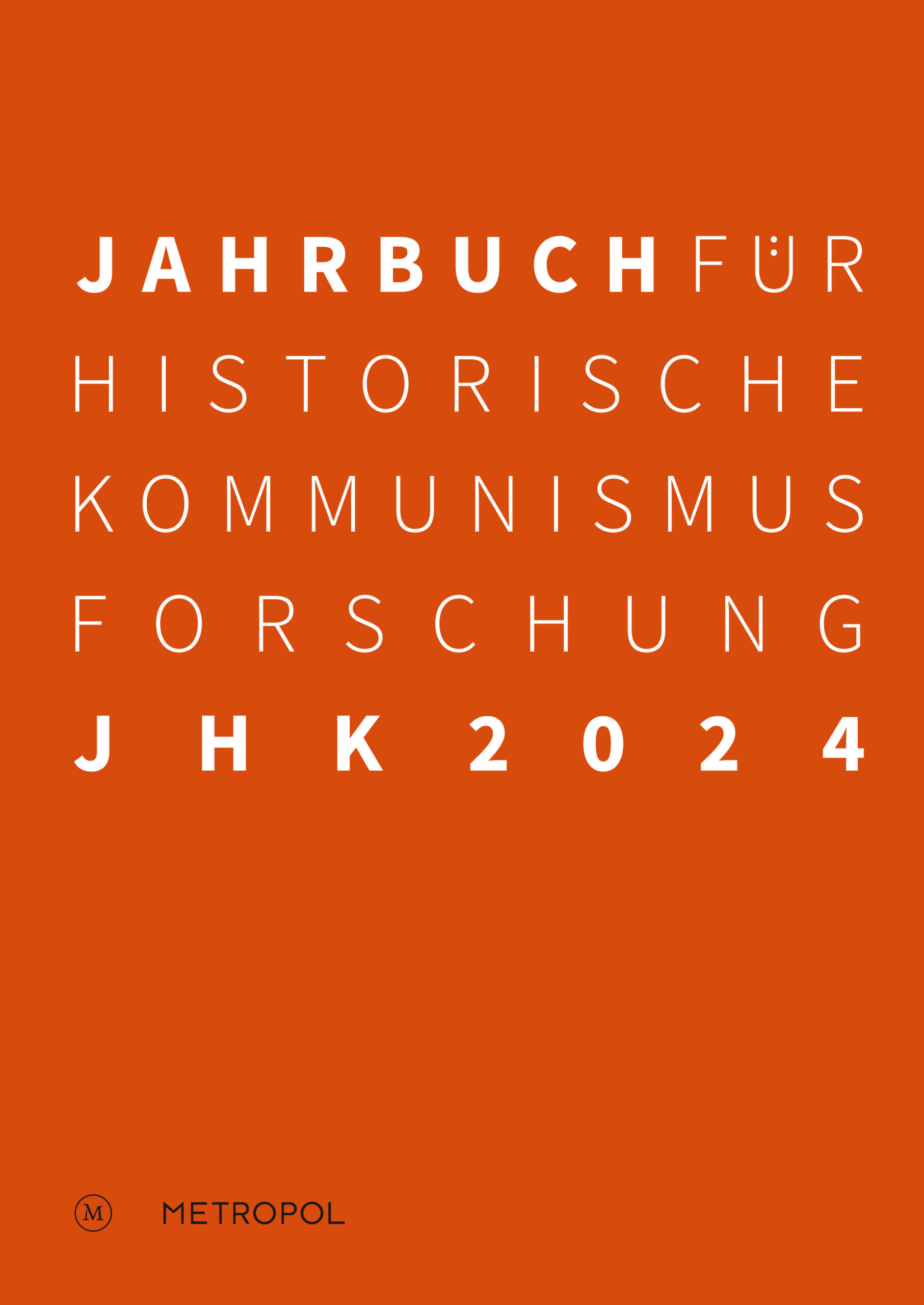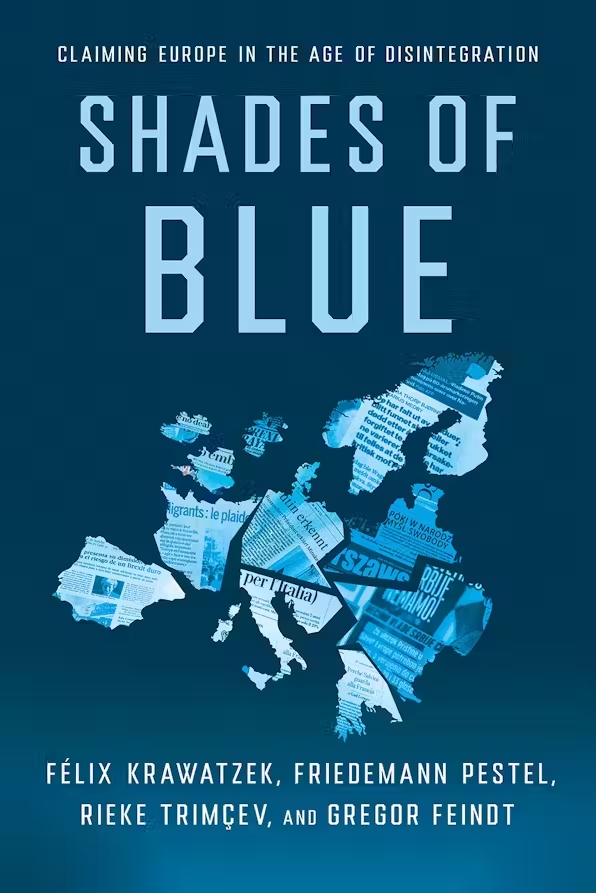David Fetzer

PhD Student
Albert-Ludwigs-Universität Freiburg
Department of History
Rempartstraße 15
79085 Freiburg
CV
| Zeitraum | Beschreibung |
|---|---|
| since April 2019 | PhD Student with the Chair of Modern European History, Prof. Dr. Jörn Leonhard, Albert-Ludwigs-University of Freiburg |
| 2015-2016 | Erasmus visiting Student at the University of Dundee |
| 2014-2019 | M.A in. Comparative Modern History, Albert-Ludwigs-University of Freiburg |
| 2011-2014 | B.A. in Modern History and Philosophy, Albert-Ludwigs-University of Freiburg |
PhD Project
Political Parties and Defensive Associations in Bohemia and Ireland, 1885-1914
The project analyses the relationship between political parties and defensive associations in Bohemia and Ireland between 1885 and 1914. It rests on the assumption that the relationship between political parties and self-styled non-political defensive associations such as the Bund der Deutschen in Böhmen and the Irish Orange Order serves as an entry point for analysing the nationalist movements in both regions. This is especially true for the German-Bohemians and the Irish-Unionists, who will be researched comparatively. This allows for an analysis of two movements which operated under structurally comparable conditions and used similar approaches and means. This way, certain assumed regional, national and imperial specifics can be contextualized.
Three main topics form the focal points of the thesis. Firstly, the similarities and differences between a mainly confessionally motivated nationalist conflict, like in Ireland, and a conflict which, like in Bohemia, rested mostly on the relationship of language and nationality, will be explored. Of special interest are the party-political and organisational structures of both movements. Secondly, the project aims to highlight the conflicts between political parties and defensive associations in specific fields of policy. While both collective groups were closely entangled on a personal and symbolic level, they pursued different means of presenting themselves. Political parties had to consider state and imperial interests, while the defensive associations positioned themselves as unconditional defenders of German or Unionist interests. Of special interest are those cases where leading politicians also served as influential figures within the respective defensive associations, embodying the tension between their different roles. Thirdly, the importance of specific time- and context-dependent developments will be highlighted, with a focus on short-term events on the one hand and long-term structural processes on the other.





